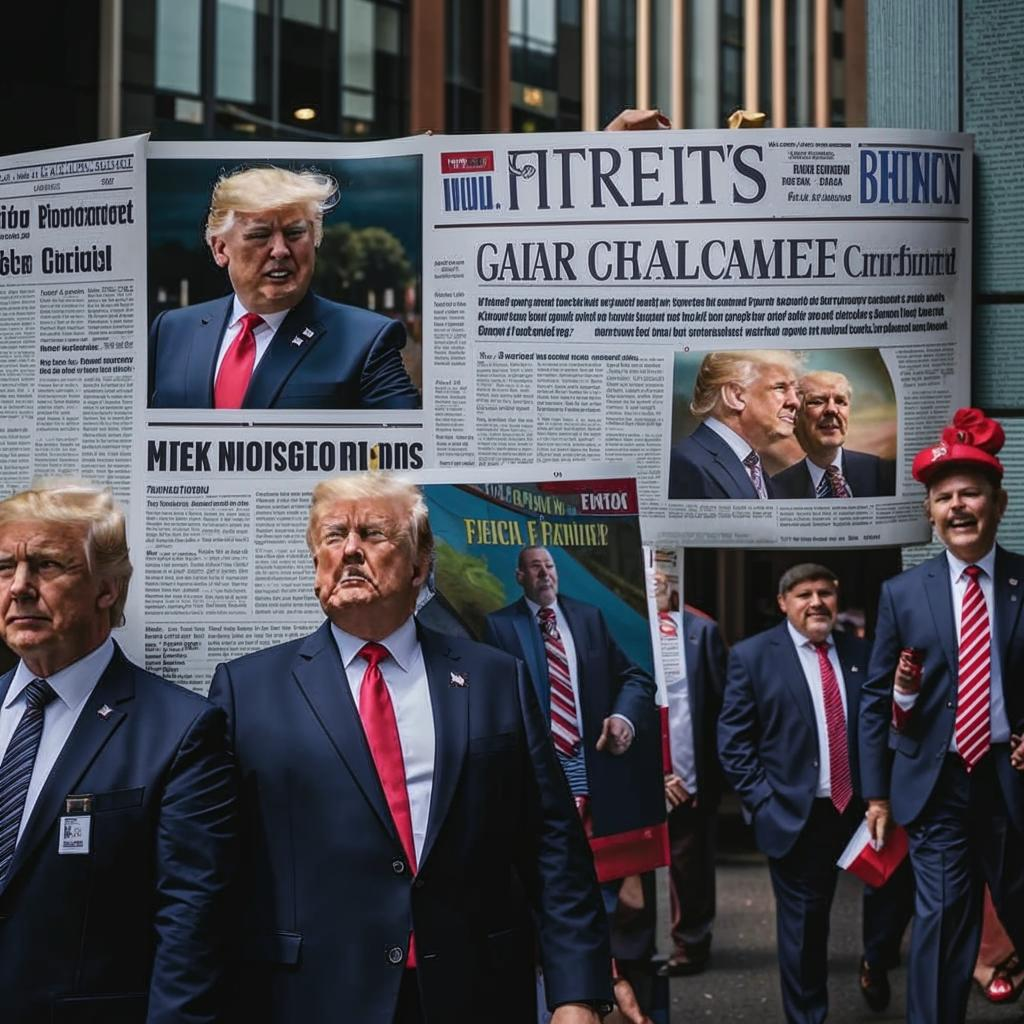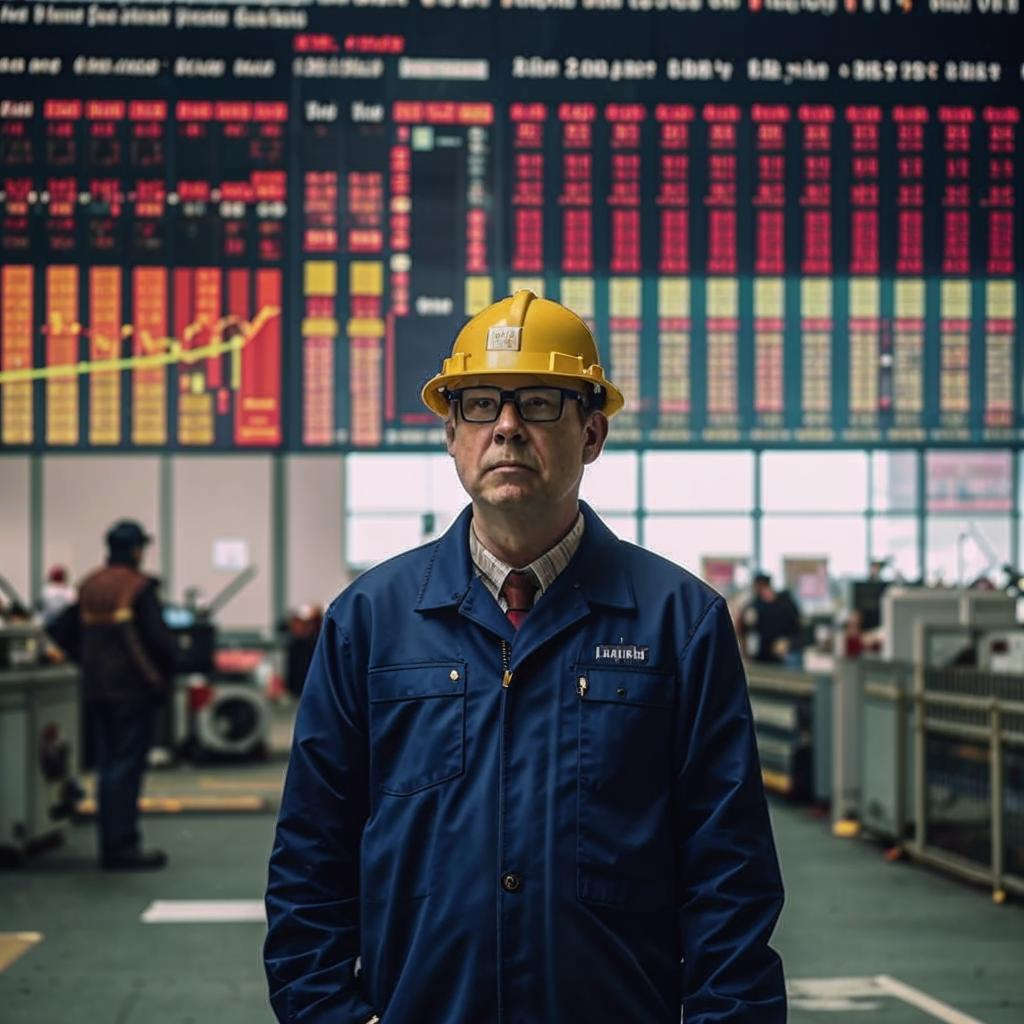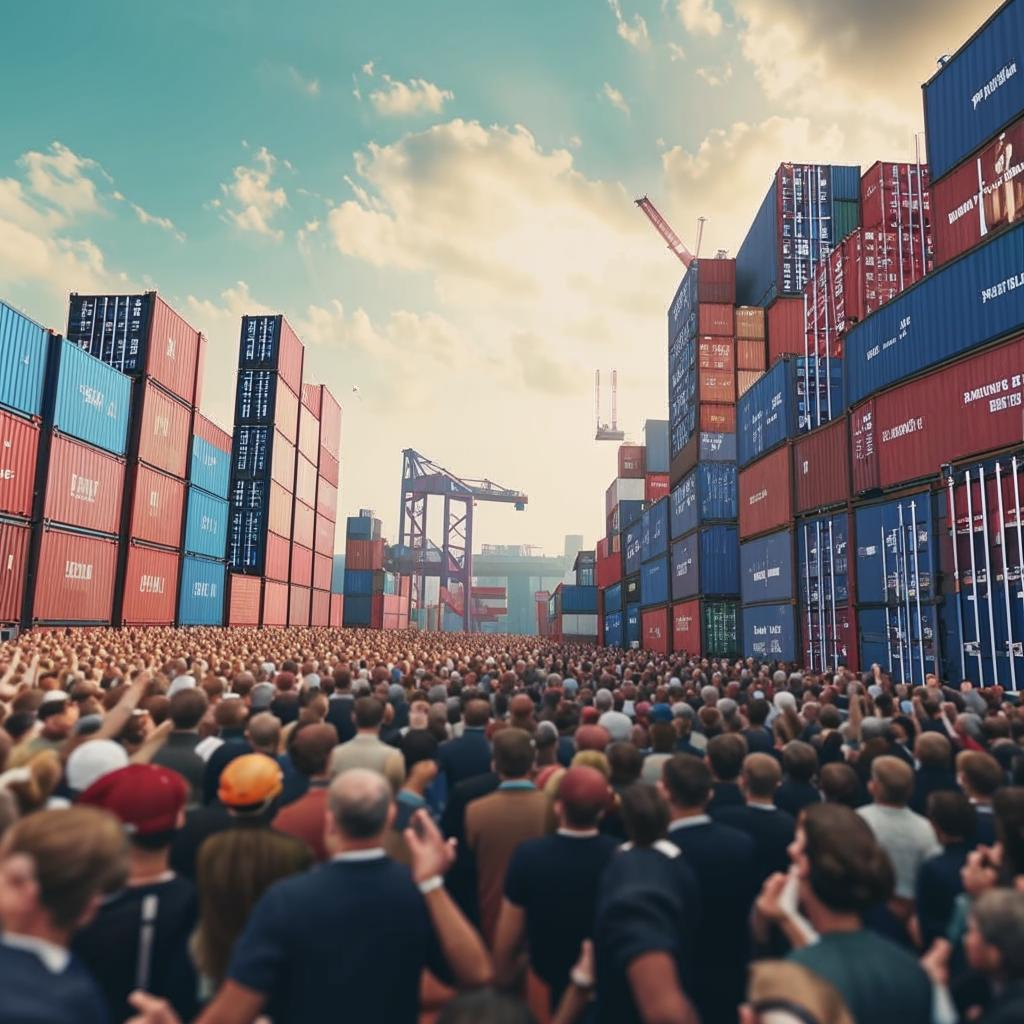Trump’s unwavering commitment to tariffs is increasingly clashing with his promises of economic prosperity, causing significant concern among businesses and investors. The tariffs, initially intended to protect American industries and pressure trading partners, are now contributing to market volatility and raising fears of a potential economic slowdown.
While Trump has consistently argued that tariffs are a necessary tool to level the playing field and bring jobs back to the United States, the reality on the ground is proving to be more complex. Many American companies rely on imported goods and materials, and the increased costs associated with tariffs are being passed on to consumers, leading to higher prices.
The trade war with China, in particular, has had a ripple effect throughout the global economy. Both countries have imposed tariffs on billions of dollars worth of goods, disrupting supply chains and creating uncertainty for businesses. While negotiations are ongoing, a resolution remains elusive, and the longer the trade war persists, the greater the risk of long-term economic damage.
Trump’s political opponents have seized on the issue, accusing him of breaking his promises and harming American workers. Some Republicans have also expressed concerns about the economic consequences of the tariffs, urging the President to reconsider his approach. However, Trump has remained defiant, insisting that tariffs are the only way to achieve fair trade deals and protect American interests. The coming months will likely be crucial in determining whether Trump’s tariff strategy will ultimately succeed or backfire, potentially impacting his reelection prospects and the future of the American economy.














